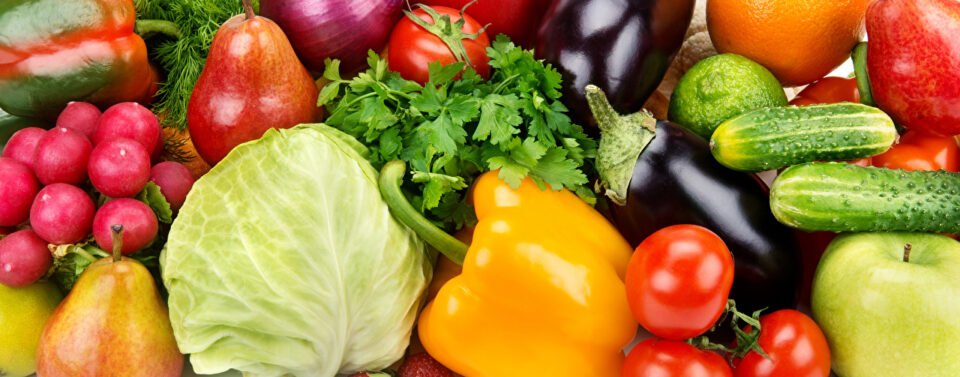According to analysts at EastFruit, fruits and vegetables are significantly contributing to the galloping inflation in Russia, which the Putin regime is desperately trying to combat. Despite draconian fiscal measures and raising the key interest rate to a record 21%, with a clear focus on its further increase, the prices of the main fruits and vegetables, according to EastFruit’s weekly price monitoring, are at record highs. And this is at a time when storage facilities are maximally filled. So, what will happen in winter and spring? Let’s try to figure it out.
Cucumbers have become the leader in price growth, having almost tripled in price over the year. On average, the wholesale price of cucumbers in the aggressor country is currently 2.8 times higher than last year for the same period. Usually, the peak price for cucumbers is reached in February. For example, last season, cucumber prices rose 3.3 times in February compared to mid-November of the previous year. If a similar situation arises this season, the wholesale price of cucumbers in Russia could soar to 500 rubles per kilogram ($5 USD at the current exchange rate). Although this scenario seems unlikely now, it cannot be completely ruled out if the devaluation of the dollar continues at the same pace.
Potatoes are just slightly behind cucumbers, having increased in price by an average of 2.5 times over the year. In the last month and a half, potato prices in Russia have jumped by 60%, clearly indicating a product shortage. Thus, prices are expected to rise until the New Year holidays, after which there is usually some stabilization for 4-6 weeks. By spring, prices could rise by at least 50% from today’s price, which would mean a 4.2-fold increase over the year or 320%. Good news for suppliers from Egypt who agree to deal with such an unpredictable market as Russia!
Mandarins, which are such an important product in the autumn-winter period for Russians, have doubled in wholesale price over the year. However, there is no need to fear a too sharp price increase here, especially against the backdrop of the ongoing devaluation of the Turkish lira, where the local authoritarian leader is, just like Putin, losing the war with the refrigerator. However, if the inflation rate remains at the same level, mandarins may continue to rise in price.
Read also: Bartering mandarins and potatoes for lentils – Russia is returning to barter in trade with Pakistan
Apples have risen in price by 40% over the year, although many expected a sharper price increase. Local market participants explain this by the fact that the harvest of local apples has a high percentage of substandard products that are not suitable for storage. This product currently dominates the market and puts pressure on prices. When stable cold weather sets in, it will disappear from the market, and the price of apples will rise just sharply. And since there is practically nowhere to import apples from – Russia has banned imports from most developed exporting countries, and Belarus and Kazakhstan have blocked Russia’s access to the last source of once cheap apples – prices can safely rise and set new records. Nothing can prevent this.
All other categories of fruits and vegetables in the Russian market have also risen in price quite significantly. And almost all of them have high prospects for setting new price records in the winter-spring period.
Maintain full control over fruit and vegetable prices in Turkey, Egypt, Ukraine, Uzbekistan, Russia, Moldova and other markets subscribing to EastFruit Premium.
The use of the site materials is free if there is a direct and open for search engines hyperlink to a specific publication of the East-Fruit.com website.




